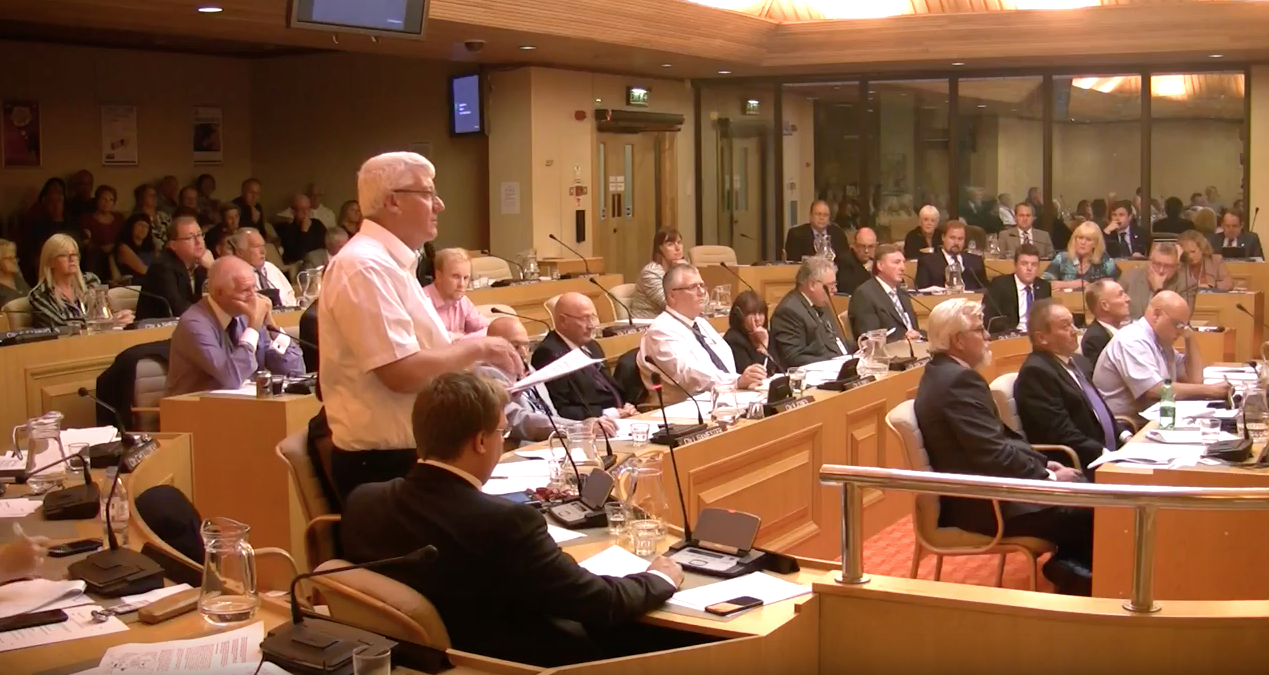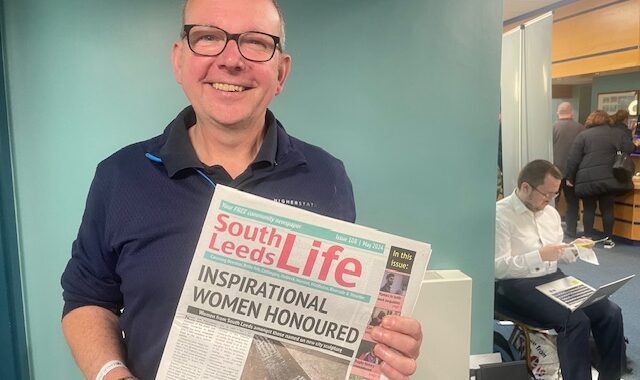All members of the Independent Community News Network (ICNN) benefit from free and impartial media law guidance from David Banks, one of the UK’s leading media law trainers and consultants.
In 2018, David advised on 18 individual media law queries, helping our members publish with validity and accuracy & without fear of repercussion. The majority of those queries were concerned with what is said at and what can be reported from public meetings.
Here, David talks about the defence available to journalists who report from these kinds of meetings.
“I am frequently asked questions by ICNN members about the law around reporting things said at public meetings.
This is quite understandable. One of the great benefits of a growing community of hyperlocal publishers has been the way they have stepped up to cover public events like this, as in some areas the mainstream regional press has reduced such coverage.
Anyone who has been to these meetings – whether it is of a local authority or a meeting by a pressure group or local residents – will know that they can get quite heated sometimes and things might be said that could damage someone’s reputation.
When that happens we have to worry about libel – the law which allows people and companies to protect their reputation – and what the consequences for us will be if we publish what is said.
Some might say, well, it’s not us saying it, we’re just reporting what someone else said. The problem with libel is that if you repeat a libel, you become as liable for it as the person who first said or wrote it.
So what is our defence if we report a public meeting where something defamatory is said?
It is a defence called qualified privilege. This is a wide-ranging defence, which covers lots of circumstances where we report public events.
The list of things it protects is lengthy and can be found here – https://www.legislation.gov.uk/ukpga/1996/31/schedule/1
It includes reports of things like police press conferences and press releases, public meetings and press conferences.
What amounts to a public meeting is widely defined, it just needs to be on a matter of public interest and open to the public (although the meeting can be one restricted to certain members of the public, such as a club or association.)
Outbursts from a public gallery at a meeting do not count as part of the meeting for the purposes of this defence. If you report such an outburst, take care that nothing said was defamatory, as it would not be covered by qualified privilege if you reported it.
To satisfy the requirements of this defence our reports must be:
Fair
– a reasonable summation of the meeting, although it is recognised that we might not produce a verbatim report of every single thing said, we can focus on the main news angle and that is fine.
Accurate
– a minor misspelling will not harm this defence, but a major inaccuracy will.
On a matter of public interest
– this is widely defined, is it of legitimate interest to the community?
Published without malice
– we must not report the matter because we have a vested interest or an axe to grind about it.
Subject to a statement of clarification or contradiction
– an opportunity to reply. If we report such a meeting and someone mentioned in our report asks for an opportunity to respond to what was said, we must give it them if we wish to retain the defence of qualified privilege. It is not an apology or correction though, a follow-up story is fine.
Note that the law does not require you to proactively offer a right of reply, or hold a story if you are unable to obtain one. However, you might decide to offer a right of reply because it makes the story more informative, it is up to you.”





